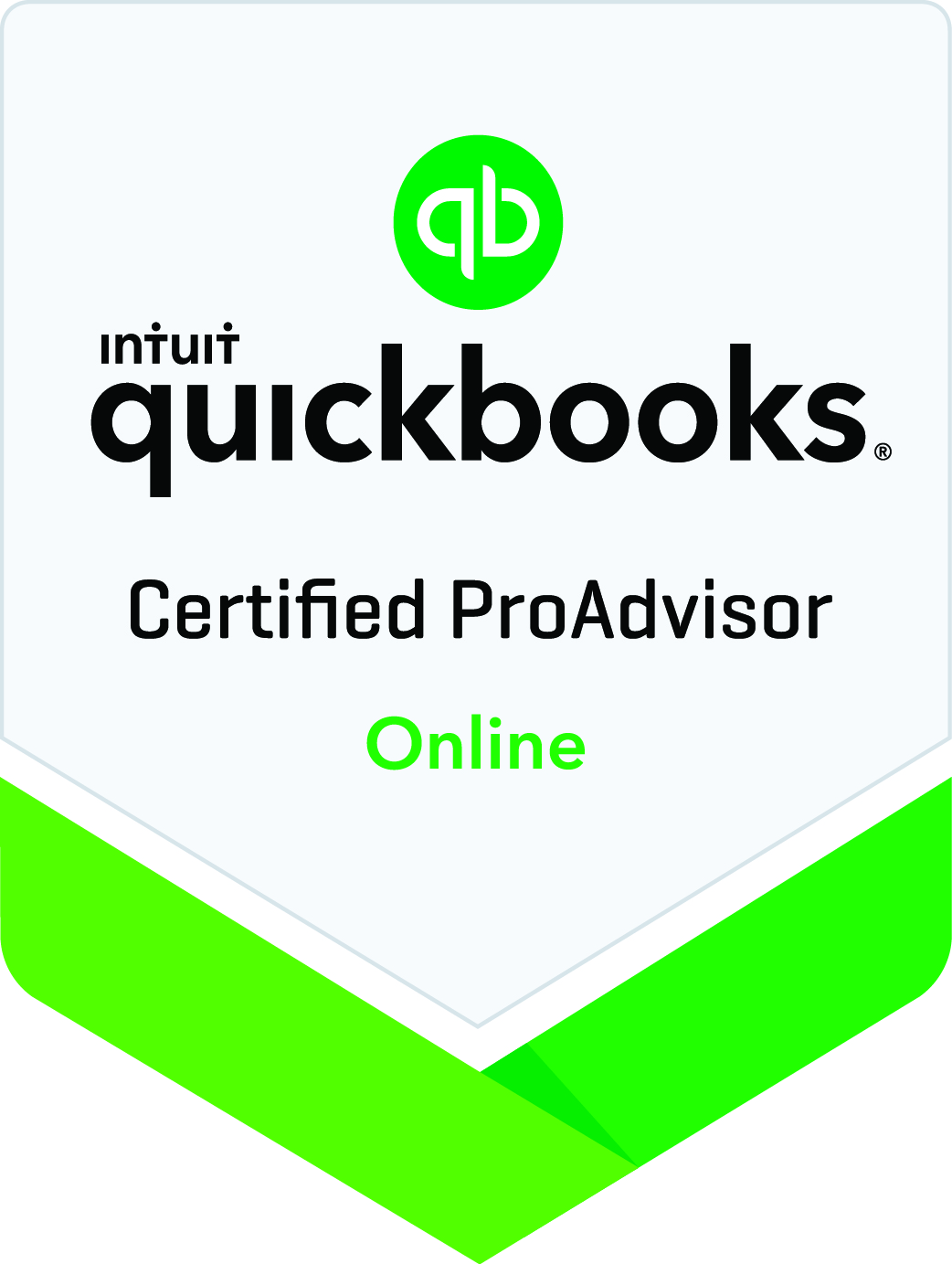Pay-down your Mortgage or Top-up your TFSA
The question of reducing debt or contributing to savings will continue to be debated for as long as people plan to retire in Canada.
Of course opting for both: reducing debt and increasing savings is the ideal. As for which is better, however, really depends on the individuals involved, their goals and feelings and their unique financial situations.
If you find you just can't decide whether to save or pay off, start by contributing to a TFSA; those deposits can easily be withdrawn and applied to your mortgage.
What you need to know
Tax implications are not a consideration. Mortgages and TFSAs both deal with after-tax dollars. Any additional payments against your mortgage or sent to your TFSA will be after you have paid income tax, and there is no reduction in taxable income for making contributions to a TFSA. Also, when the capital gain from the home (assuming it's your principal residence) and any growth and withdrawals from your TFSA will not be subject to income tax.
To simplify the matter, the question becomes "can I earn more inside my TFSA than I pay in mortgage interest?" If your mortgage interest is 4% per annum, paying down your mortgage by $10,000 will save you $400 in interest charges each year. Placing the same $10,000 in your TFSA earning 4% per annum will earn you $400 each year.
One difference is that next year the original $10,000 will be $10,400 and at the end of year two at 4% become $10,816 with compound interest.
For some people becoming debt-free as soon as possible buys peace of mind and freedom, for others a nest-egg and the security and flexibility it provides is more important.



